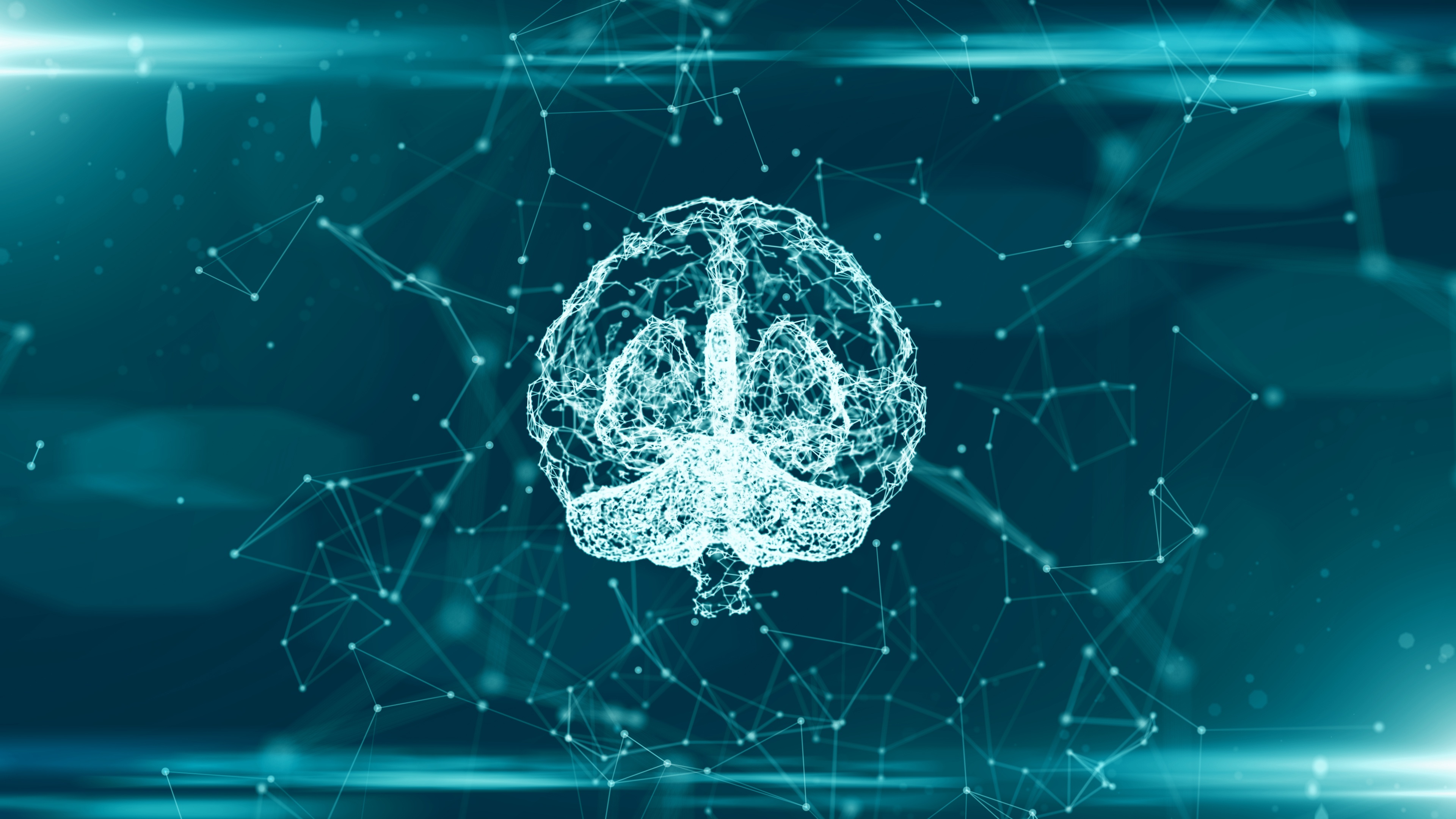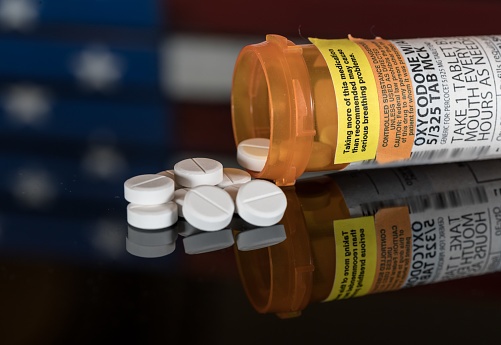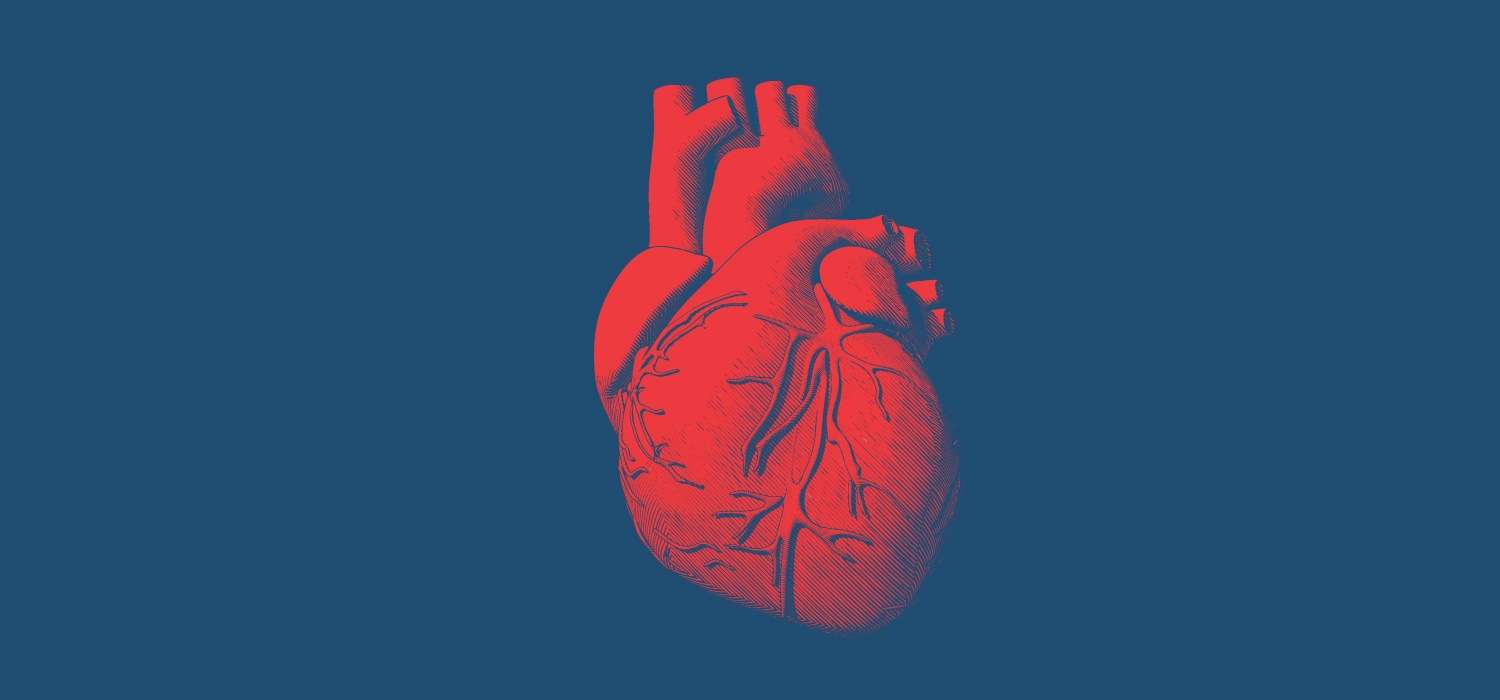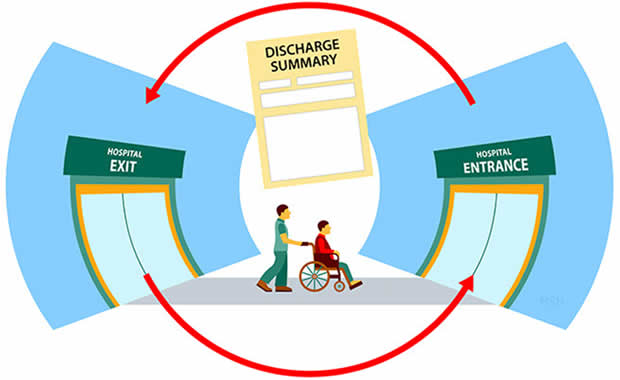
With AI becoming a prominent topic of conversation in many fields, it is not surprising to see it permeating healthcare so heavily. Though many teams are in the midst of extensive research regarding potential machine learning solutions, there are only a handful that have received FDA-approval. This number is rising rapidly, however, increasing from 14 to 26 since this January according to Dr. Eric Topol. Read on for a summary of the most recent approvals to see the versatility of AI in the medical space.
QuantX
QuantX is the first FDA-approved platform that uses AI in evaluating breast abnormalities. The technology leverages machine learning and image analysis with a large database of documented cases to help radiologists analyze MRIs. Over 20 years of scientific research from the lab of Maryellen Giger, PhD, went into the creation of this powerful tool. This system is designed to work alongside radiologists and help them make more accurate decisions, rather than to replace them. QuantX automatically analyzes images and generates a single score based on clinical imaging features a radiologist considers in making a diagnosis. In a clinical study, QuantX use led to a 39% reduction in overlooked breast cancers and a 20% improvement in overall diagnostic improvement.
Apple Watch ECG
Approved by the FDA in September of last year, the ECG technology on the Apple Watch Series 4 uses electrodes to capture heart rhythm irregularities. This technology is the first consumer-available product that allows users to take an ECG from their own wrist, and can provide critical data to physicians. It can detect atrial fibrillation, a dangerous arrhythmia that can result in stroke if left untreated. AFib is the most common heart arrhythmia experienced in patients and is estimated to affect up to nine percent of those over the age of 65, two percent of younger populations in the U.S. By providing a convenient and rapid means of measuring heart rhythm, the Apple Watch ECG has the potential to lower this statistic.
Aidoc
Aidoc is an app that allows radiologists to identify acute intracranial hemorrhages in head CT scans. Approved last summer, the system was the first deep learning technology designed to assist radiologists in assigning urgency to patients’ injuries. This solution reviews images immediately after the patient is scanned, and informs the radiologists of potentially dangerous cases to aid in prioritizing cases. Being that some of these hemorrhages can be life-threatening, this is an imperative task that the radiologist is required to fulfill. Aidoc can significantly reduce turnaround time by analyzing these images, and also increases the radiologists confidence in decision-making.
Zebra Medical Vision
Using ECG-gated CT scans, the Zebra Medical Vision platform calculates the degree of calcification in a patient’s coronary artery. This arterial defect narrows the blood vessel’s diameter and can lead to major adverse cardiovascular events. By using this FDA-approved diagnostic tool, radiologists can better diagnose the severity of the arterial defect to improve patient outcomes. This technology was approved in July 2018. Zebra has also generated AI-algorithms that can detect bone density, fat in the liver, and emphysema in the lungs from images.
EchoMD AutoEF by Bay Labs
Bay Labs received approval for their EchoMD AutoEF deep learning software last June. This technology was found to have less variability in analyzing left ventricular ejection fraction (EF) than most cardiologists in a study conducted with the Minneapolis Heart Institute. The AI platform automatically reviews digital video clips from a patient’s echocardiogram and selects the best ones for calculating EF. This system was trained using a dataset of over four million images from 9,000 patients, and aims to assist cardiologists with rapid image analysis. Typically expressed as a percentage, EF indicates how efficiently the heart pumps blood. For example, an EF of 50 percent would mean the left ventricle pumps out half of the blood within it each contraction. This indicates how well the heart pumps blood and can indicate heart failure.
Check out more including a list of the approved AI platforms from Dr. Topol and Nature Journal below.

When I recently (Jan ’19) reviewed #AI @US_FDA approvals/clearances there were 14.https://t.co/EvUweuCumF @NatureMedicine Now, there are at least 26!
Let me know if there are ones that I’m missing. pic.twitter.com/v0PUCvs7xP— Eric Topol (@EricTopol) April 20, 2019
Source: Nature Medicine







 © 2025 Mashup Media, LLC, a Formedics Property. All Rights Reserved.
© 2025 Mashup Media, LLC, a Formedics Property. All Rights Reserved.